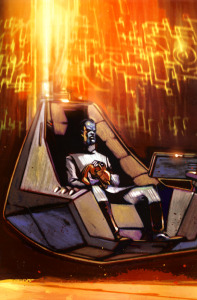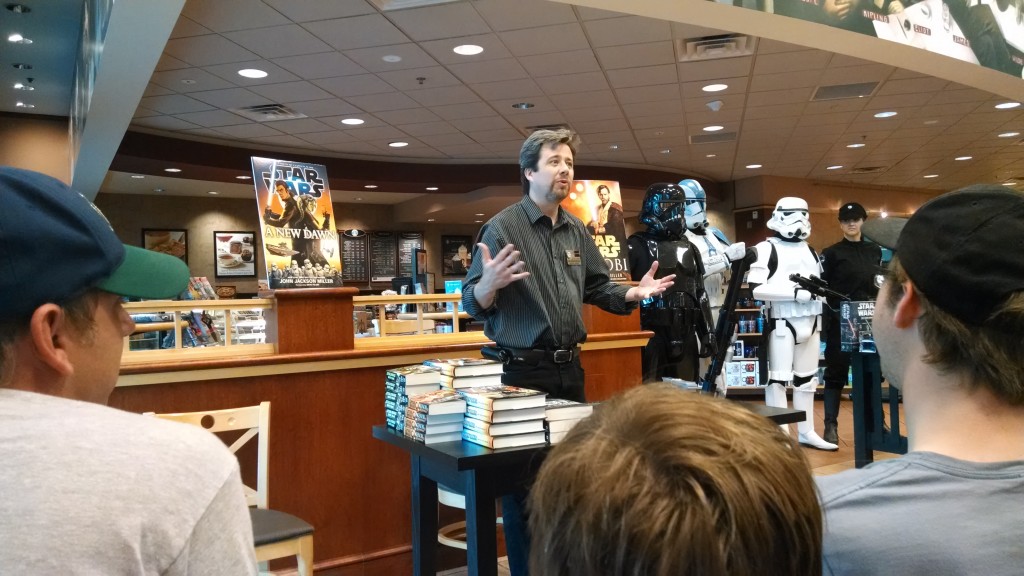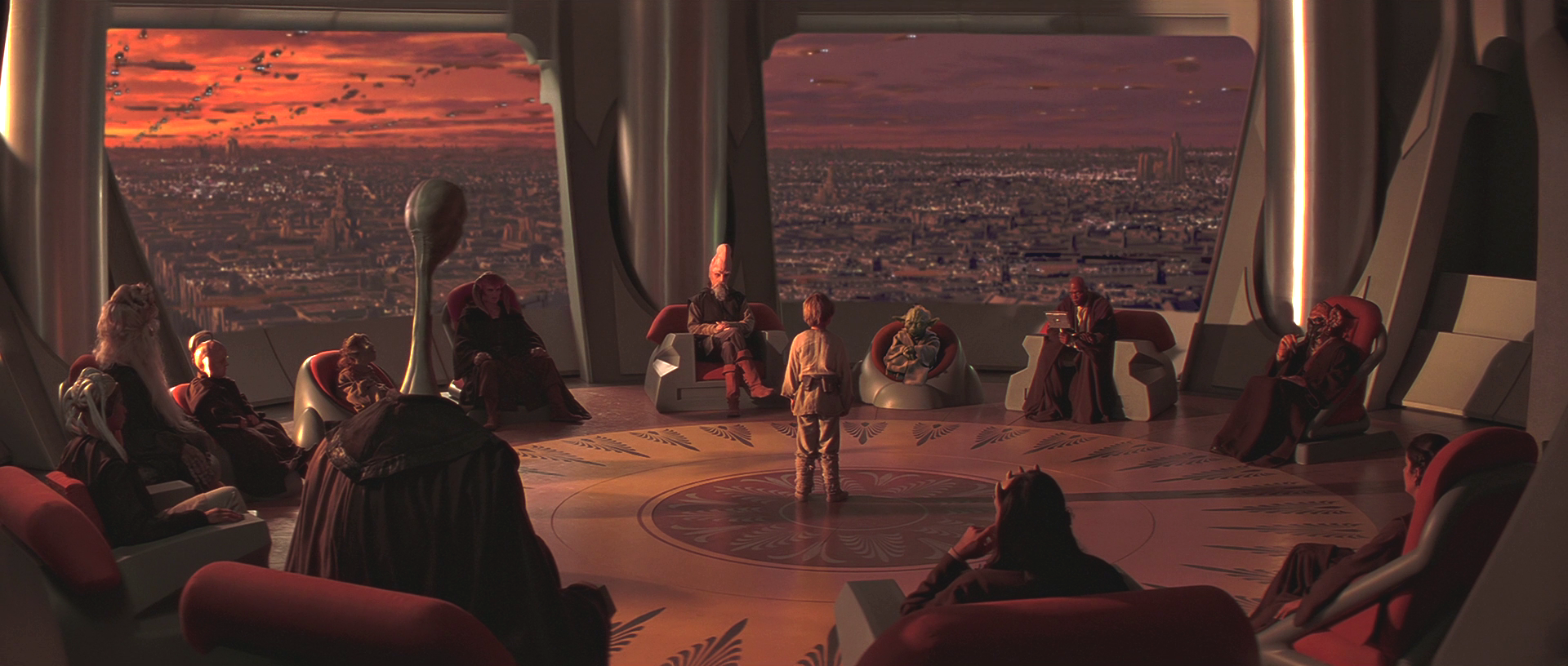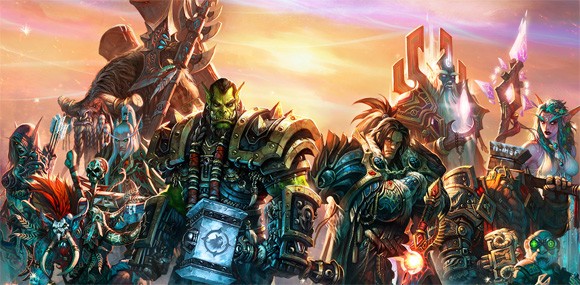 We all have fond memories of the time when Bantam held the Star Wars publishing license- a time that brought us everything from the Thrawn trilogy to The Crystal Star. It’s a universe rife with opportunities and new ideas, full of unexplored territory and possibilities. The sense of wonder and exploration is one vital to the Star Wars universe, and the first authors to set pen into a much wider universe established many precedents. Some of this era has been retconned, some is known well as the strangest things of the EU, and some is lauded as the best of the best. Let’s take a trip down memory lane and see why Bantam’s contributions to the EU are so vital, warlord of the week notwithstanding.
We all have fond memories of the time when Bantam held the Star Wars publishing license- a time that brought us everything from the Thrawn trilogy to The Crystal Star. It’s a universe rife with opportunities and new ideas, full of unexplored territory and possibilities. The sense of wonder and exploration is one vital to the Star Wars universe, and the first authors to set pen into a much wider universe established many precedents. Some of this era has been retconned, some is known well as the strangest things of the EU, and some is lauded as the best of the best. Let’s take a trip down memory lane and see why Bantam’s contributions to the EU are so vital, warlord of the week notwithstanding.
First of all, let’s make fun of Bantam. I think we have to start with Waru, the entirety of The Crystal Star, and the very fact that some extremely silly things happened in this era of Star Wars publishing. There are so many odd plot holes, confusing references to whatever may have happened in the Galactic Civil War, and myriad kidnappings of the Solo kids. There’s the ghost in the computer who possesses someone else’s body and falls in love with Luke Skywalker. Han Solo wins a planet in a card game, and no one seems to think this is weird. However, this era does establish some good precedents. Seeing the Solo kids in danger all the time really establishes just how high-profile the New Republic’s First Family really are, even though the kids really just are trying to be normal kids. We don’t know what we’re going to find in backwater planets that haven’t really had much contact with the New Republic, and it could be extradimensional beings, unusual aliens, or stray Imperials. Having such a big galaxy and so few precedents set for just how it would all work gave the plotlines enormous creative freedom. Read More




